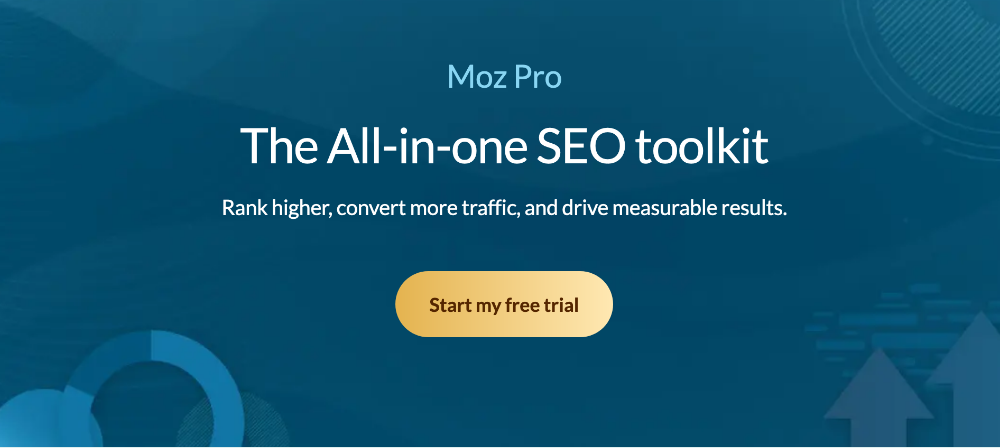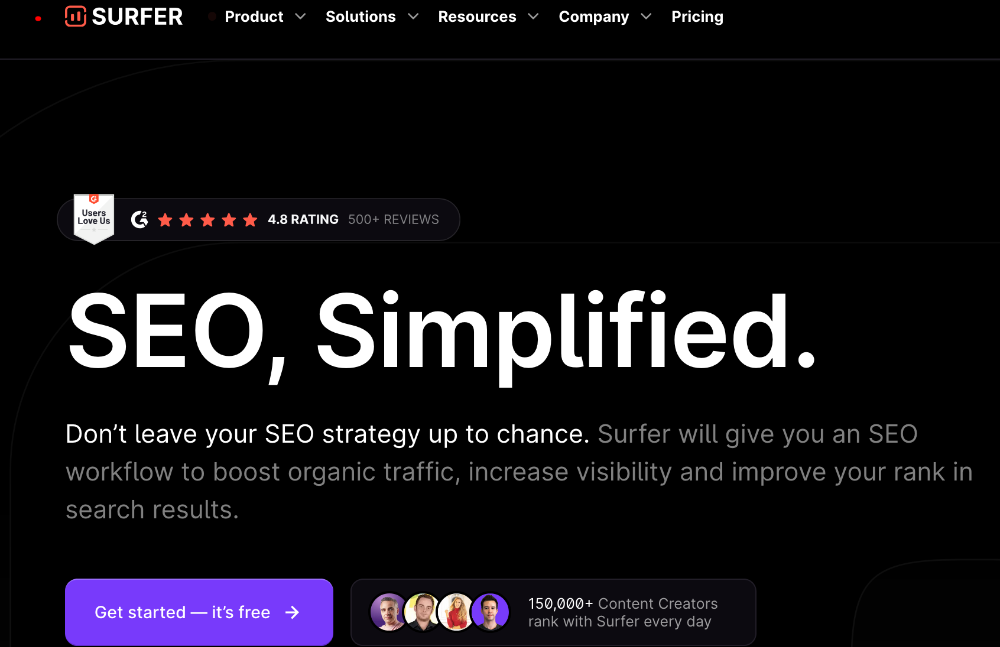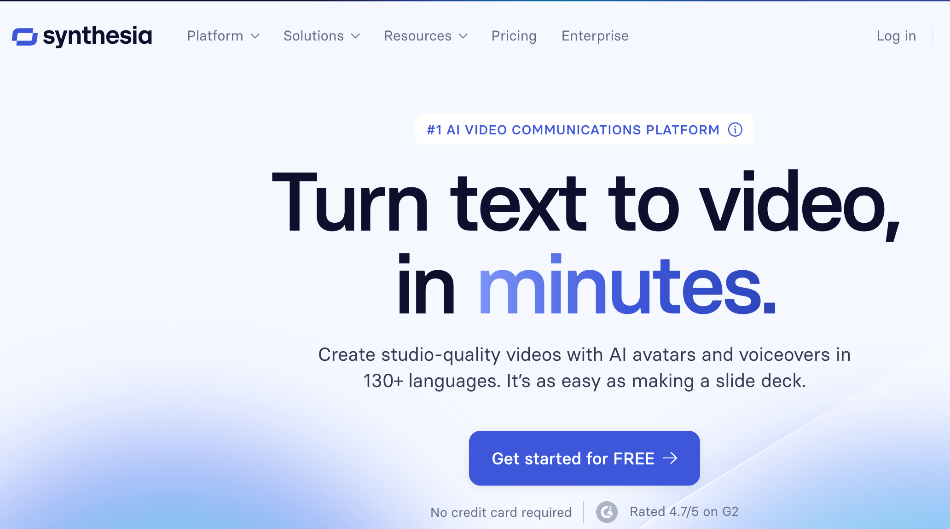This Content is FREE to Subscribers Only
Here is a list of some of the best AI SEO tools, along with a comparison of their features, advantages, and disadvantages:
1. SEMrush

Advantages:
Comprehensive keyword research and analysis.
Competitor analysis and backlink tracking.
Detailed site audit and on-page SEO recommendations.
Content marketing toolkit.
Social media management features.
Disadvantages:
Expensive for small businesses or individual content creators.
Can be overwhelming due to the sheer number of features.
Steep learning curve for beginners.
Comparison: SEMrush is highly regarded for its robust suite of tools that cover almost every aspect of SEO. It’s particularly strong in competitor analysis and backlink tracking. However, its extensive feature set comes at a high price, and it may take time for new users to become proficient with the platform.
2. Moz Pro

Advantages:
User-friendly interface.
Good keyword research and SERP tracking.
Quality site audit and crawl tool.
On-page optimization recommendations.
Strong community and educational resources.
Disadvantages:
Limited backlink database compared to Ahrefs and SEMrush.
Slower updates on certain data metrics.
Can be pricey for smaller users.
Comparison: Moz Pro is known for its ease of use and excellent educational resources, making it suitable for both beginners and seasoned SEO professionals. Its main strengths lie in keyword research and on-page optimization, but it falls short in backlink analysis compared to competitors like Ahrefs.
3. Surfer SEO

Advantages:
Strong on-page SEO optimization tool.
Data-driven content suggestions.
Easy-to-use interface with clear visualizations.
Integration with popular content management systems.
Disadvantages:
Limited off-page SEO features.
Smaller database compared to major competitors.
Mainly focused on content optimization.
Comparison: Surfer SEO excels in on-page SEO optimization, providing data-driven content suggestions to help improve search rankings. Its focus on content optimization makes it a great tool for content creators and marketers, though it lacks the comprehensive feature set of tools like SEMrush and Ahrefs.
4. Ahrefs
Advantages:
Excellent backlink analysis.
Comprehensive keyword explorer tool.
In-depth content analysis and research.
Site audit tool with clear, actionable recommendations.
Fast and reliable data updates.
Disadvantages:
Expensive pricing plans.
Limited social media integration.
No integrated PPC metrics.
Comparison: Ahrefs is renowned for its powerful backlink analysis and keyword research capabilities. It’s a favorite among SEO professionals for its data accuracy and depth. However, its high cost and lack of social media integration might be drawbacks for some users.
5. MarketMuse
Advantages:
Advanced content optimization and topic modeling.
AI-driven insights for content creation.
Detailed content briefs and recommendations.
Helps in identifying content gaps and opportunities.
Disadvantages:
Expensive, particularly for smaller businesses.
Limited functionality outside of content optimization.
Complex interface for new users.
Comparison: MarketMuse is a specialized tool that uses AI to enhance content optimization and topic modeling. It’s particularly useful for content marketers looking to improve their content strategy. However, it’s less useful for broader SEO needs like backlink analysis or technical SEO.
6. BrightEdge
Advantages:
Comprehensive enterprise-level SEO platform.
Data-driven recommendations and forecasting.
Integration with multiple data sources.
Robust reporting and analytics features.
Disadvantages:
Very expensive, geared towards large enterprises.
Complex setup and integration process.
Requires significant time investment to learn and use effectively.
Comparison: BrightEdge is an enterprise-level tool designed for large organizations with substantial SEO needs. Its comprehensive features and robust data integration make it a powerful tool, but its high cost and complexity may be prohibitive for smaller businesses and individual content creators.
7. Clearscope
Advantages:
Simplified content optimization process.
Clear recommendations for keyword usage.
Easy-to-use interface.
Integrates with popular writing platforms like Google Docs.
Disadvantages:
Limited to content optimization.
Not suitable for comprehensive SEO analysis.
Can be expensive for what it offers.
Comparison: Clearscope is focused on content optimization, providing clear and actionable recommendations for improving content performance. It’s particularly useful for writers and content creators but doesn’t offer the broader SEO capabilities found in tools like SEMrush or Ahrefs.
Summary
SEMrush and Ahrefs offer comprehensive SEO toolkits but come at a higher cost, making them more suitable for advanced content creators and larger organizations. But don’t let that stop you from checking it out.
Moz Pro provides a user-friendly interface and strong educational resources, ideal for beginners and intermediate users/content creators.
Surfer SEO and Clearscope focus on on-page SEO and content optimization, making them great for content creators but limited in overall SEO capabilities.
MarketMuse excels in advanced content optimization and AI-driven insights, suitable for content-focused strategies but less so for broader SEO needs.
BrightEdge is a powerful enterprise-level tool with extensive features but is expensive and complex, best suited for large organizations.
Choosing the right tool depends on your specific needs, budget, and level of expertise.




